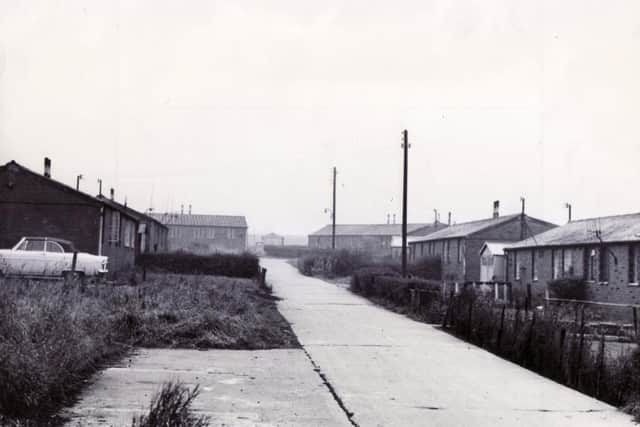Have you heard about the German POW who was murdered in Sheffield in 1945 after an escape tunnel was discovered?
and live on Freeview channel 276
The murdered man, Gerhardt Rettig, was a handful of non-nazis in the camp and had been seen talking to guards moments before the tunnel was discovered at the unspecified camp.
Ironically, it has been suggested that the British command had known about the tunnel for quite some time but, as the Second World War was nearing its end, left them to their labours because they knew the tunnel was leading nowhere and it was giving the prisoners something to do.
Advertisement
Hide AdAdvertisement
Hide AdBut the discovery caused a riot and, having been spotted talking to the guards moments earlier, and because he was known by the other prisoners not to share their nazi views, he was pursued around the camp by a mob of upto 300 men and effectively beaten to death.


At one point a Red Cross official tried to intercede and go to Rettig’s aid, but the crowd held him back and when they finally managed to get him out, Rittig died in the ambulance on the way to hospital.
Four ringleaders, Unteroffizier Heinz Ditzler, Soldat Juergen Kersting, Feldwebel Emil and Schmittendorf Armin Kuehne, were charged with the murder.
Two days after Rittig’s death, Schmittendorf and Ditzler had managed to crawl under the wire at the camp but after a short spell at large, they had been recaptured.
Advertisement
Hide AdAdvertisement
Hide AdIn August 1945, all four men were transported to London for their court martial, which took place in a cage at Kensington Palace Gardens, where the grim fact were outlined.
After extensive deliberations, Ditzler and Kersting were both acquitted due to insufficient evidence, while Schmittendorf and Kuehne were both found guilty and sentenced to hang.
Speaking in their defence and appealing for clemency, a Lieutenant AC Brands argued that Smittendorf was a career soldier and treachery went against the military code. Kuehne, meanwhile had joined the Hitler Youth aged 12 and was fully indoctrinated into the nazi philosophy.
They were executed at London’s Pentonville Prison in November, 1945.